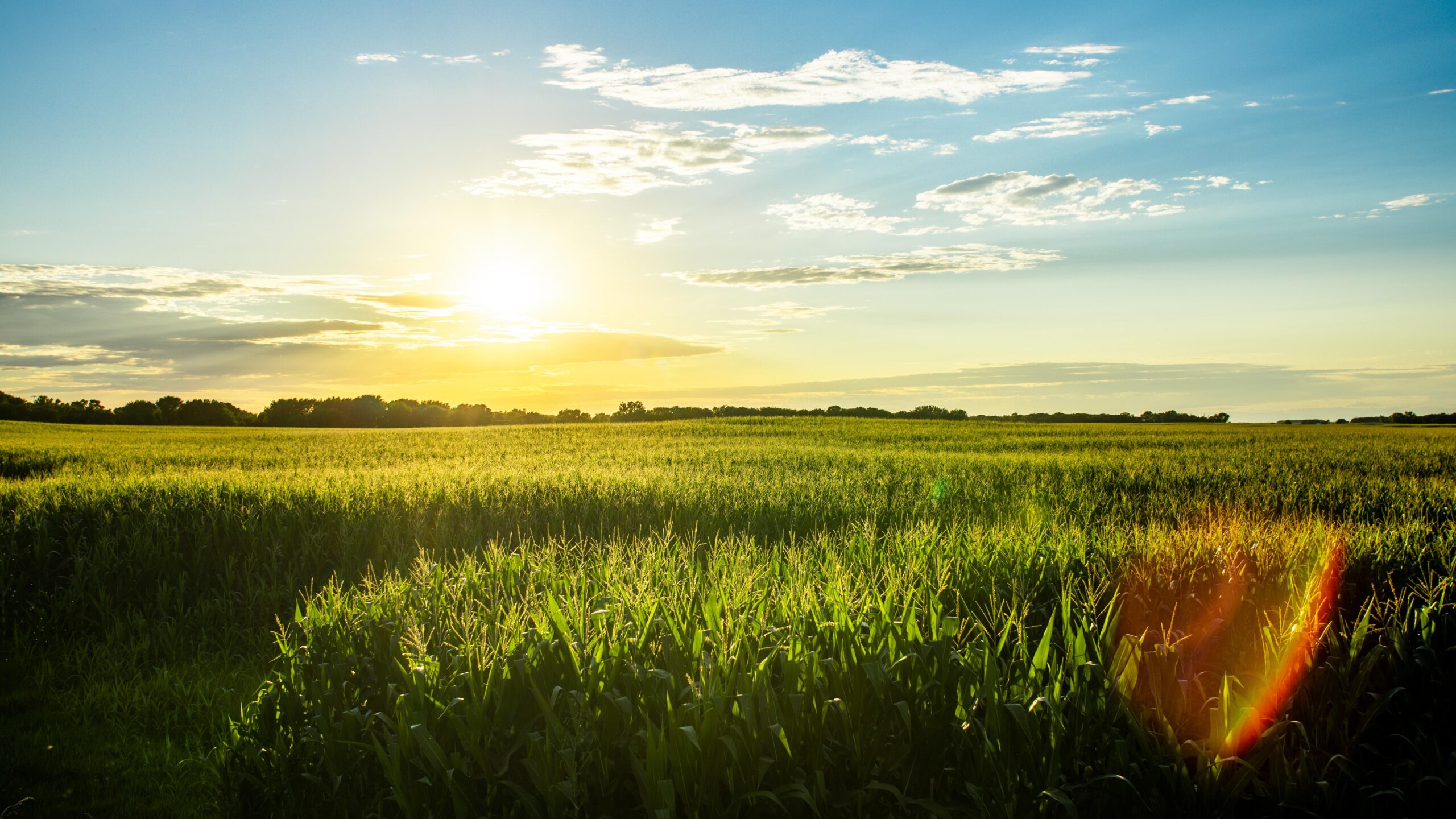Dealing with Explosives and Markets
Whenever I search the Internet, Google obligingly shows me old pictures reminding me my hair was once brown and my belly (almost) flat. Today, I saw an old photo taken during my wife Julie’s parents’ estate sale. Julie’s dad, Johnny, in his earlier days was a target shooter and reloaded his own shells. The photo taken during the estate sale was of an unknown mid-Missouri auction-goer leaning over Johnny’s collection of black powder while smoking a cigarette — supremely confident about his place in the afterlife.
Which made me think of my marketing plans over the past 45 years, which have largely involved stumbling from one explosion to the next.
This year is shaping up to be no different. More than half of the U.S. corn and soybean crops are in a drought, the market exploded to the topside in mid June ahead of a three-day weekend, my hedges are in the crapper, and once again my marketing plan is about to explode, with margin calls providing enough shrapnel to make me wonder why I never learn.
Yep, I took Jerry West’s ag marketing class at the University of Missouri in 1976, developing a simple regression to forecast the price of corn. Some underpaid graduate TA typed my regression on a bunch of IBM cards and ran those cards on a University mainframe late one night.
It occurs to me that the last sentence might as well have been written in Sanskrit, totally unintelligible to people today, who can do the same work with a couple of keystrokes on their phone. Suffice it to say that I learned a lot in Ag Econ 250, but none of it has helped me market my crops successfully.
I’ve dabbled in calls, and always dialed a wrong number. I’ve bought puts, and have had it put to me more than once. I’ve hedged, but only in short-crop years, and I always sell before the top. Once, many years ago, my broker happened to get Julie on the phone to ask for more margin money. The love of my life had a crisis of confidence about the marketing acumen of the man she married. She was, I’m sorry to say, correct.
So, I’ve hired a marketing firm to handle my hedging account. My advisor seems like a smart guy, never does anything without my permission, and together, we’ve experienced a number of margin calls in the past couple of years. It has occurred to me that his experience of my margin calls is considerably different than mine, cash outflow and pain being the major differences. But he has a plan, we’re sticking to it as long as Julie doesn’t see my statements and I’m not telling her my password.
The weather and market risks that are a part of farming leads to a certain fatalism among practitioners of the agricultural arts.Writer and farmer Victor Davis Hanson argues that society is less tough and resilient than it used to be as a result of the massive decline in the number of farmers. According to him, too many of us never experience the sinking feeling that comes from watching a crop die in the fields from a lack of rain or be destroyed in a hailstorm in a matter of minutes.
And I suppose that your average GS-11 federal employee with a pension and civil service protection has a vastly different outlook on life than I do, one that leads to differences in the way we vote, manage our financial affairs, approach our daily lives, and interact with others. That guy in the old estate sale photo, with the cigarette hanging from his mouth while handling 30-year-old black powder was approaching risk in a different way than a tenured professor of comparative literature might, and that difference in attitude probably has profound implications for who we are as a society.
Is Hanson right that this expectation that life will never throw you a curve leads to a society that doesn’t know how to deal with adversity? I’m sure I don’t know, but many of us do seem to have expectations that are unlikely to be met during our time here in this far from perfect world. Farmers know what others may not, and it leads to either toughness and resiliency or maybe a kind of resignation. A resignation tempered by the belief that next year will be better, even if that belief is the triumph of hope over experience
What I do know is this: We just missed a 70% chance for rain, my corn will be rolled like a pineapple by tomorrow afternoon, and each day without rain will see my potential crop decline. The crop was planted on time, has plenty of fertilizer and pretty good weed control. Whatever happens now is completely out of my control. Forty-five years of droughts, floods, and margin calls have taught me one valuable lesson, which is to prepare for the worst, so I will survive to plant again next year.
And maybe I should buy some call options when the market opens. This could be the year when I finally get it right.

